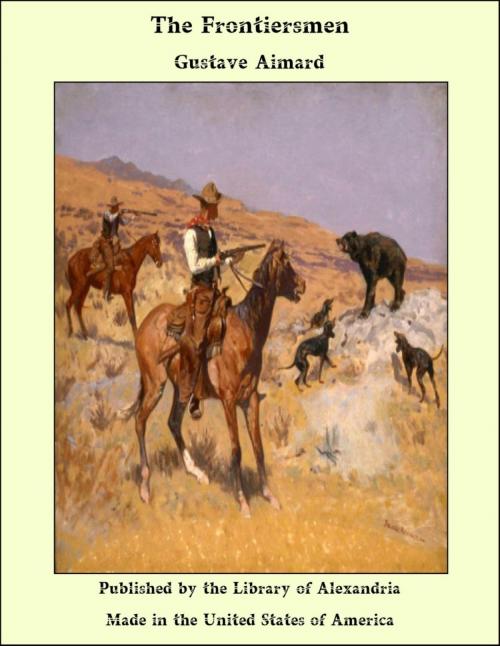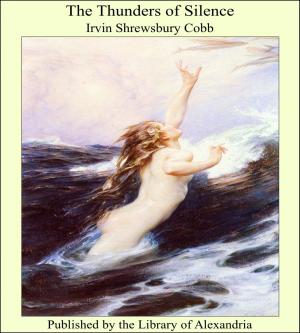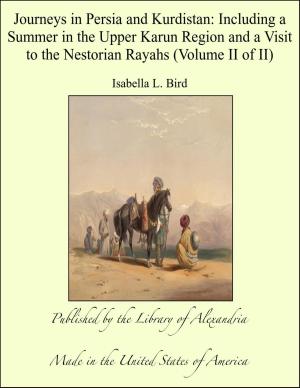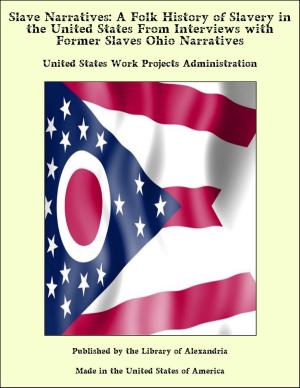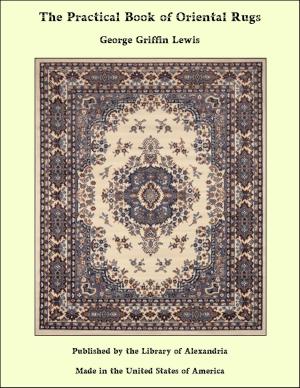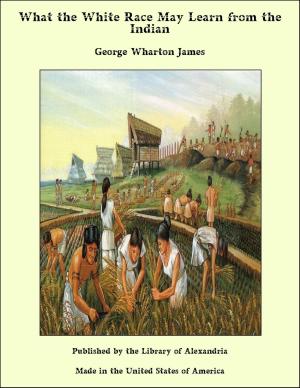| Author: | Gustave Aimard | ISBN: | 9781465595218 |
| Publisher: | Library of Alexandria | Publication: | March 8, 2015 |
| Imprint: | Language: | English |
| Author: | Gustave Aimard |
| ISBN: | 9781465595218 |
| Publisher: | Library of Alexandria |
| Publication: | March 8, 2015 |
| Imprint: | |
| Language: | English |
In the year 1783, Western New York—or at least what was then deemed Western New York—was an almost unbroken wilderness, scarcely known to the inhabitants of the eastern and south-eastern portions of the State; although the greater part of that large tract of territory then known as Tryon County, was especially an unexplored country. It is true that occasionally some adventurous pioneer had penetrated the wilderness, and endeavored to form for himself and family a home, where, if he could not enjoy the luxuries and comforts to be found in more populous sections, he could at least be freed from many of the evils incident to the growing settlements and cities. Some there were, who had not these inducements, but, moved by a spirit of hardy enterprise, and with a love for the excitements and dangers of a pioneer life, penetrated the wilderness alone, with no companion but the rifle—a sure and steadfast friend amidst the dangers which were certain to beset him. Thus, an adventurous traveler, who perhaps fancied himself the first white man who had ever toiled through the forests of this portion of the State, would be surprised as he came upon the traces of civilization, in a log hut, situated, perhaps, in the midst of a few acres of partially cleared wilderness. When such happened to be the case, it would be no occasion for wonder that thea which might be deemed peculiarly the homes of these bands; although their roving dispositions, the pursuit of game, or hostile encounters, would prevent the permanent occupation of any one locality.
In the year 1783, Western New York—or at least what was then deemed Western New York—was an almost unbroken wilderness, scarcely known to the inhabitants of the eastern and south-eastern portions of the State; although the greater part of that large tract of territory then known as Tryon County, was especially an unexplored country. It is true that occasionally some adventurous pioneer had penetrated the wilderness, and endeavored to form for himself and family a home, where, if he could not enjoy the luxuries and comforts to be found in more populous sections, he could at least be freed from many of the evils incident to the growing settlements and cities. Some there were, who had not these inducements, but, moved by a spirit of hardy enterprise, and with a love for the excitements and dangers of a pioneer life, penetrated the wilderness alone, with no companion but the rifle—a sure and steadfast friend amidst the dangers which were certain to beset him. Thus, an adventurous traveler, who perhaps fancied himself the first white man who had ever toiled through the forests of this portion of the State, would be surprised as he came upon the traces of civilization, in a log hut, situated, perhaps, in the midst of a few acres of partially cleared wilderness. When such happened to be the case, it would be no occasion for wonder that thea which might be deemed peculiarly the homes of these bands; although their roving dispositions, the pursuit of game, or hostile encounters, would prevent the permanent occupation of any one locality.
